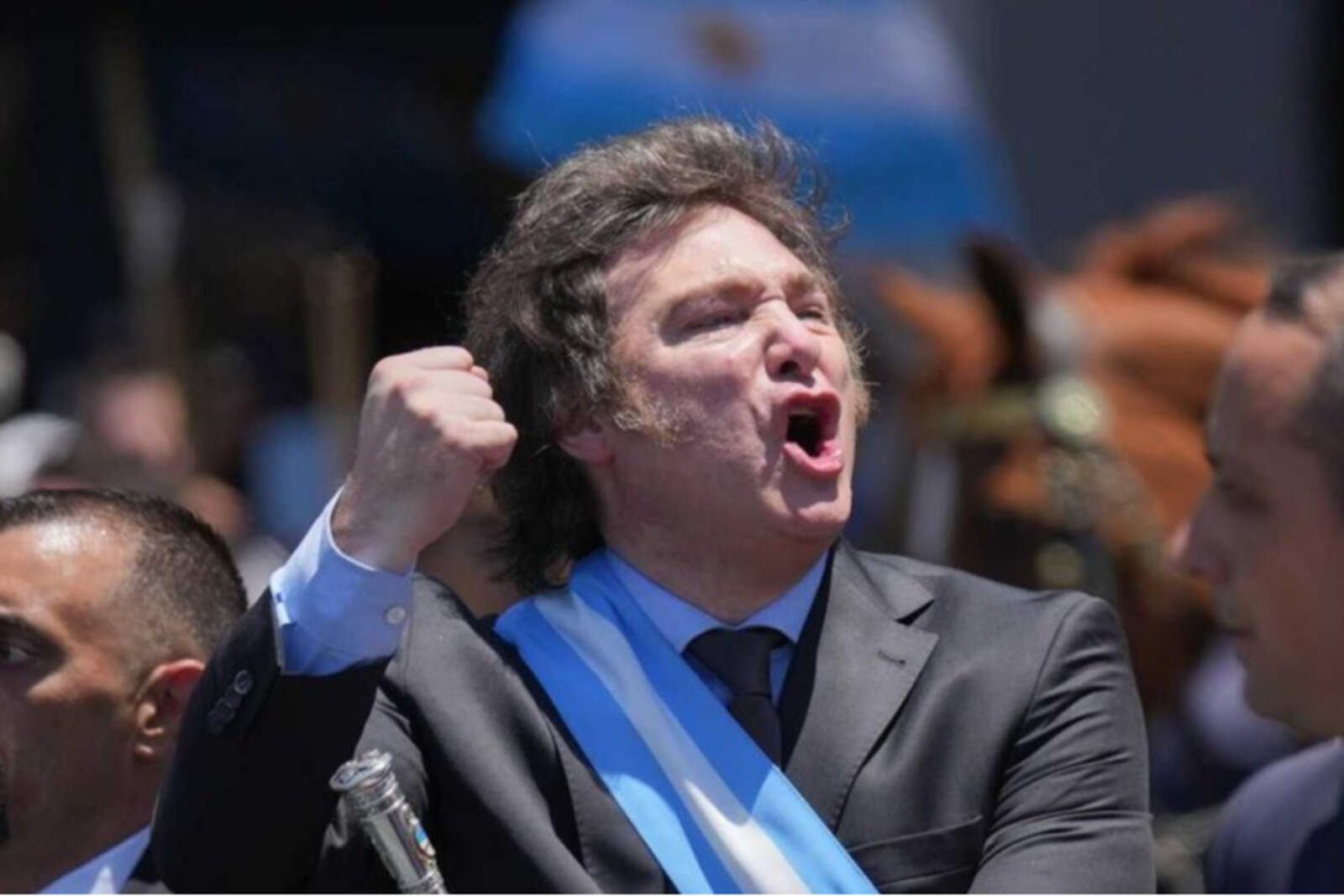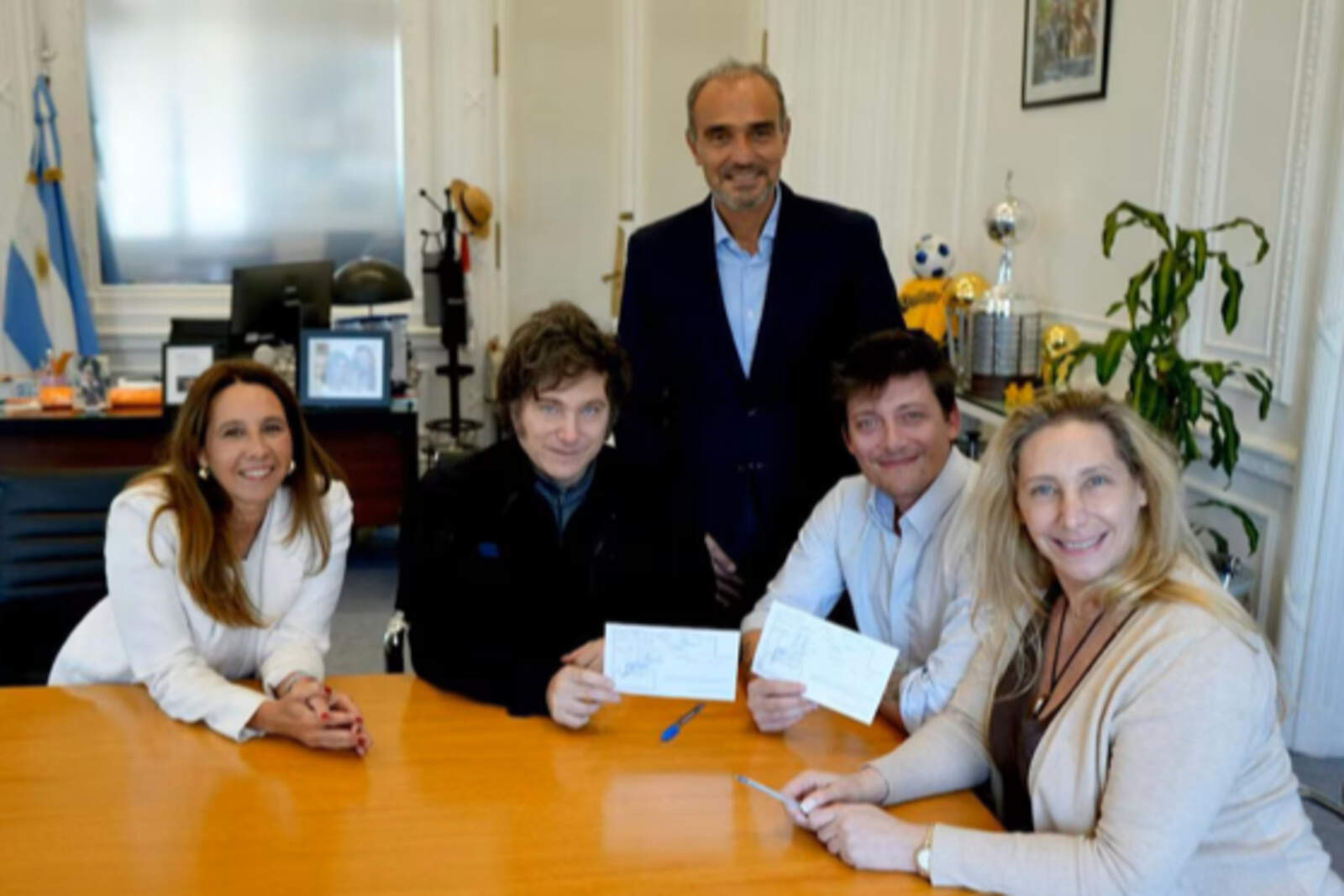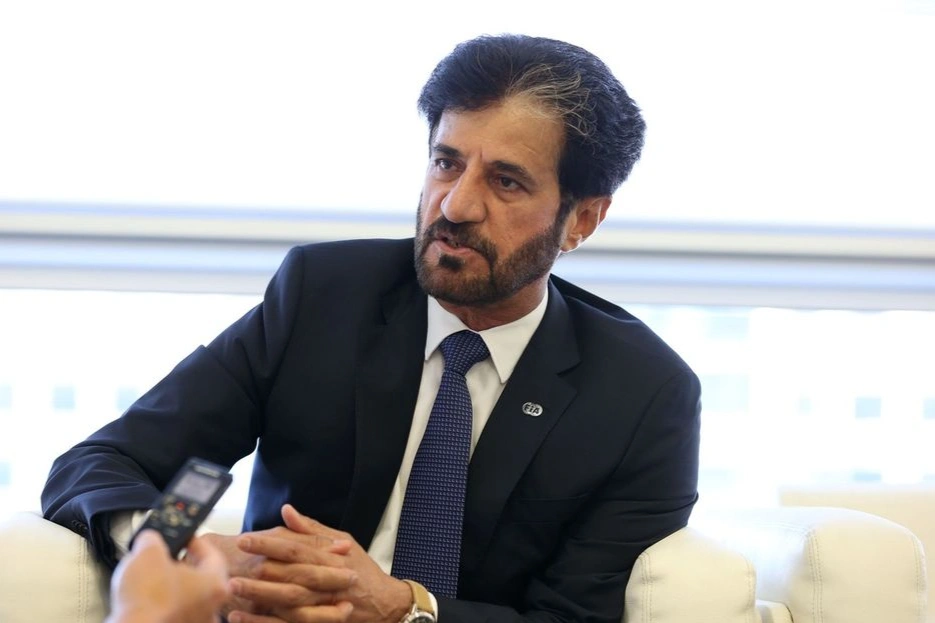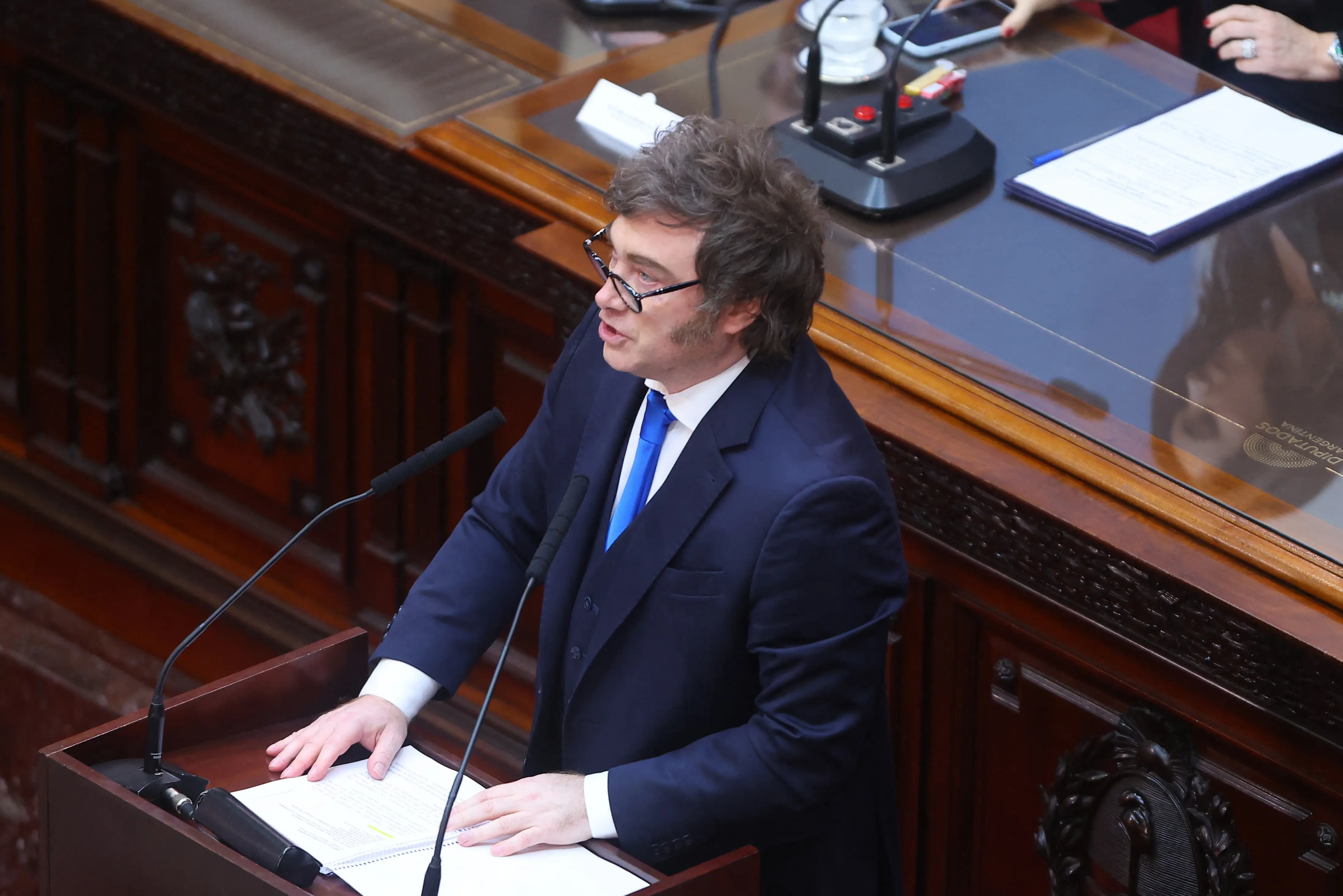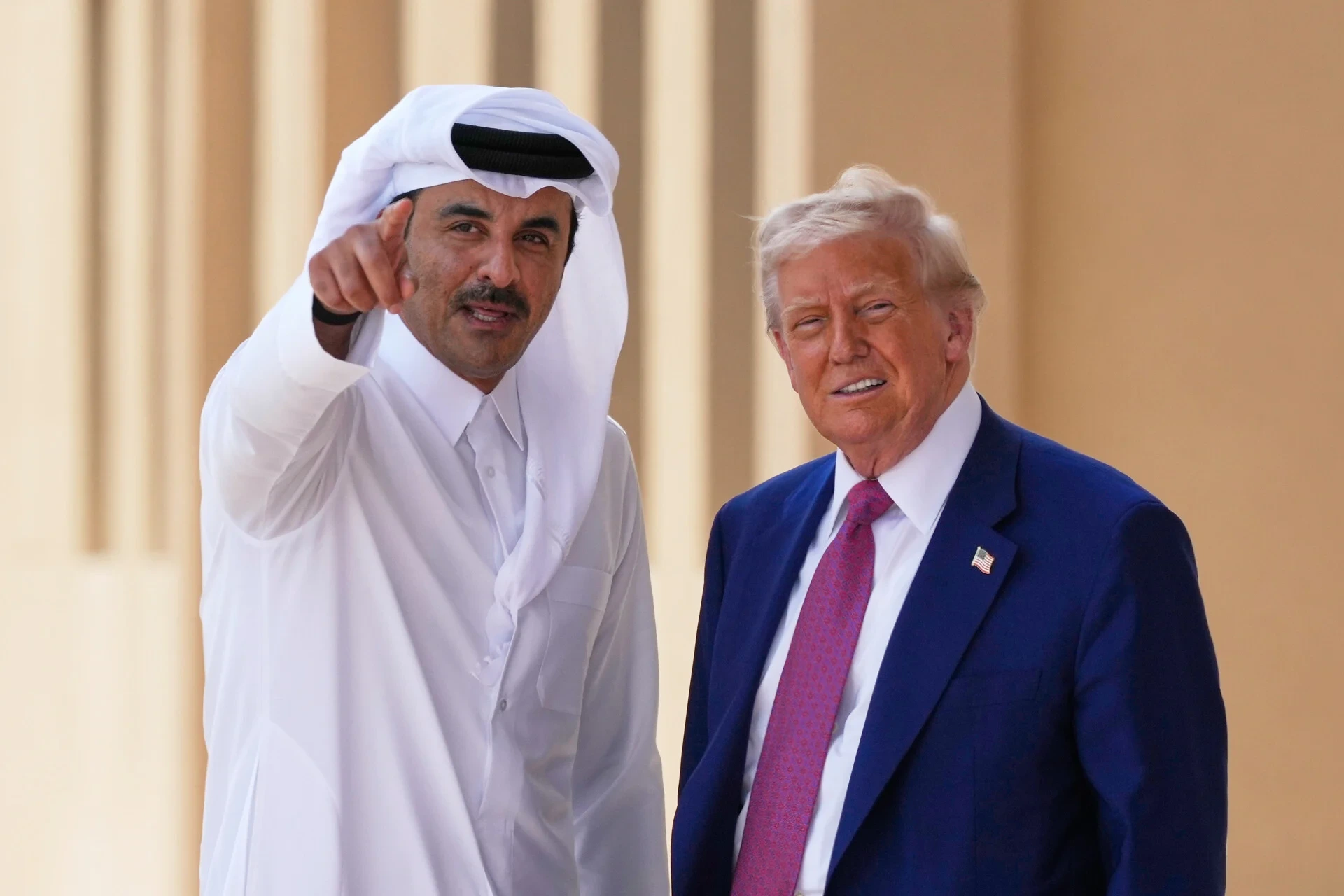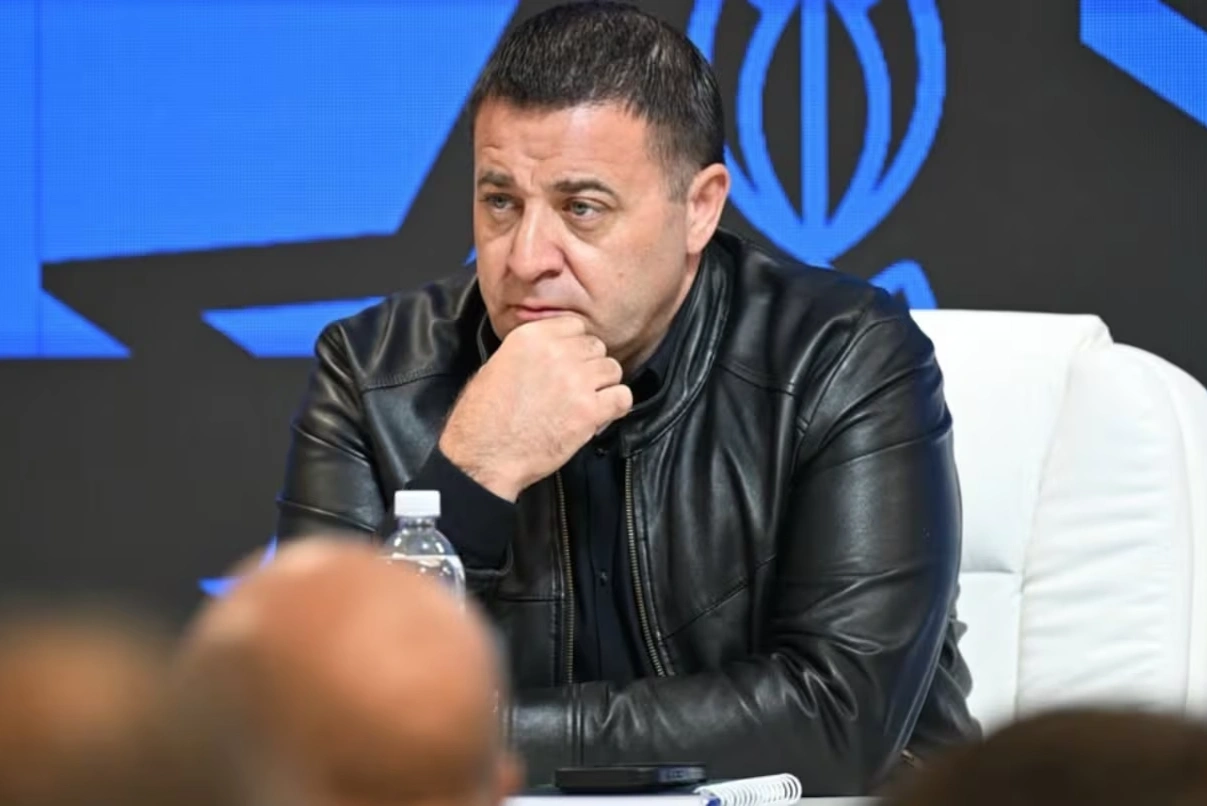President Javier Milei is preparing to launch the most decisive stage of his administration: an ambitious package of structural reforms aimed at essentially transforming the country's labor, tax, and pension foundations. The initiatives are already being designed in key ministries and will be the focus of the new legislative cycle that begins in December after the parliamentary turnover. With the economy stabilizing and growing public support, Milei is on track to consolidate a true institutional revolution that, if approved, will mark a historic turning point.
The initial step was taken this Tuesday with the launch of the May Council, a multisectoral body composed of political, business, and union leaders, whose goal is to build consensus on long-term policies. However, behind closed doors, the real decisions are already being discussed among the technical teams of the Human Capital, Economy, and Deregulation ministries, under the direct coordination of Sandra Pettovello, Luis Caputo, and Federico Sturzenegger.
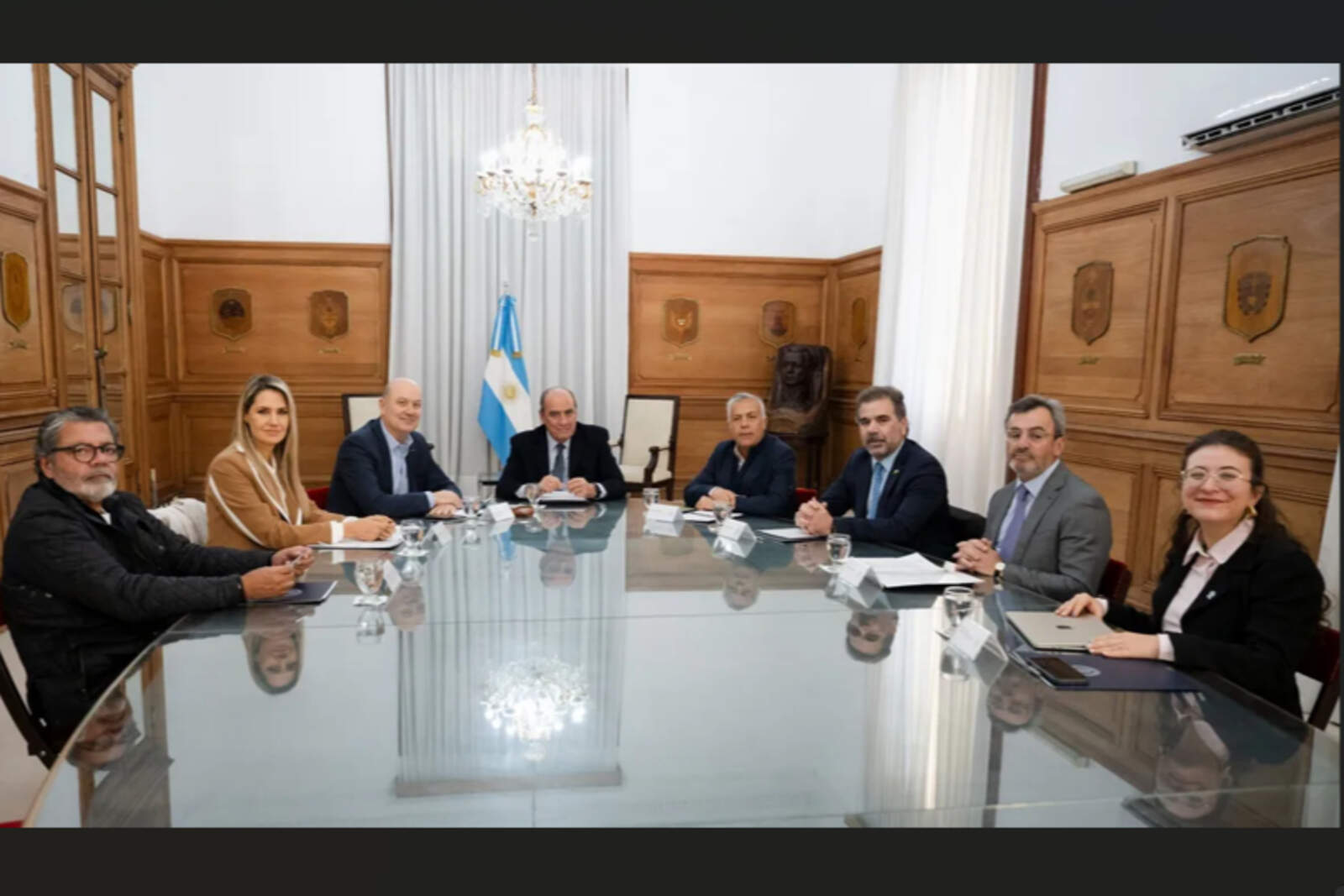
The latter, one of the intellectual architects of the libertarian program, is also part of the Council along with the general secretary of the UOCRA and CGT leader, Gerardo Martínez, who confirmed that labor reform was a topic of conversation with the Executive:
"CGT will bring its proposal and we'll have the opportunity to be heard," he stated from Casa Rosada. The president of the Argentine Industrial Union (UIA), Martín Rappallini, also expressed willingness for dialogue and raised the need to update the collective bargaining system: "Surely everyone understands that each sector needs to be modernized. In other countries, there are annual or biennial changes, and we have greater rigidity."
The immediate priority for the Government is to move forward with labor and tax reforms, considered essential to boost formal employment and reduce the costs of the productive system. According to a senior strategist from the ruling party: "Both are essential to reduce the incentives to employ someone informally. What needs to be done here is to increase the taxpayer base."
Informality, a true bottleneck for development, reached a peak of 42.6% in the third quarter of 2024, according to INDEC data. In the last measured quarter, that figure dropped slightly to 42%, suggesting the beginning of a correction in line with the Government's economic policy. However, unemployment rose to 7.9% in the first quarter of 2025, reflecting a labor market in transition.

